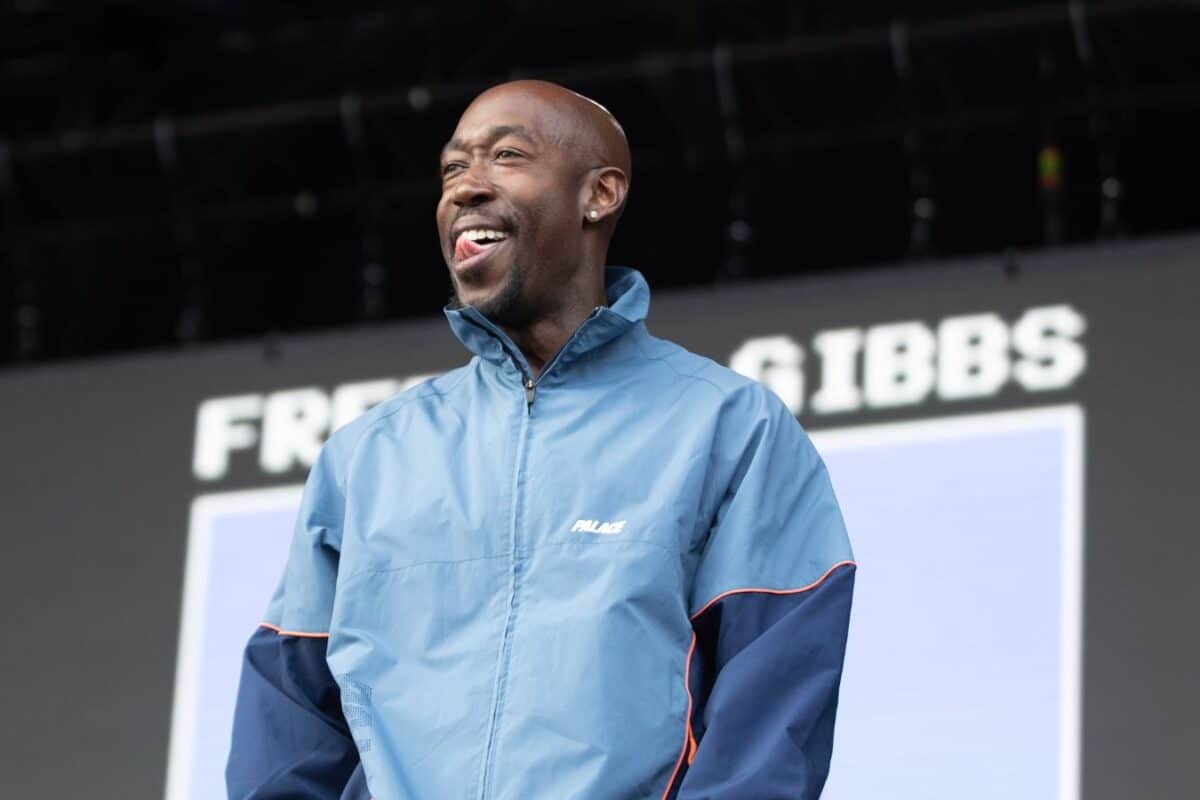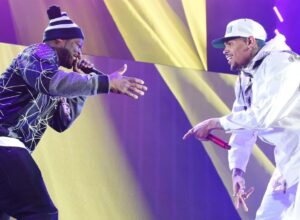In a heated conversation with The Ringer, Freddie Gibbs didn’t hold back his criticism of rappers who use A.I. tools like ChatGPT to pen their lyrics. Gibbs believes this trend marks a decline in artistic authenticity.
Freddie Gibbs has a clear message for today’s music creators: A.I. reliance is lazy. Mixing his passion for real artistry with modern concerns, Gibbs expressed his frustration with artists who depend on programs to write their verses. He feels the heart of music is fading, seeing it replaced by machines that churn out lyrics.
“Look at A.I. rap now, man. I don’t even believe in people that write anymore,” Gibbs shared candidly. He admitted he’s been in studios where A.I. tools were used, leaving him questioning the future of genuine music creation. This new trend challenges him as an artist devoted to crafting fresh and original content.
Without naming anyone specifically, Gibbs pointed out a deeper problem in the industry. He worries about how long he can keep up when a computer becomes a lyricist. For him, this shift symbolizes a broader laziness in the music world, where passion is replaced by convenience.
“Art is dying when you gotta ask a computer to write your lyrics, sh*t is wack,” Gibbs asserted, maintaining that true music comes from heart and effort, not from a keyboard and algorithm. To him, this A.I. trend represents a step back for the art form.
Alongside his A.I. critiques, Gibbs took a moment to open up about a personal incident with Kanye West. It seems a verse Gibbs delivered on Kanye’s ‘Vultures 1’ track “Back to Me” sparked an unexpected reaction. Kanye was reportedly displeased because Gibbs’s verse received more praise than his own, a twist Gibbs hadn’t anticipated.
Gibbs recalled his surprise at Kanye’s reaction, expecting admiration instead of contention. “This n-gga Kanye was mad about that sh*t,” Gibbs revealed. He wished Kanye would appreciate the guest verse, especially given Gibbs’s deep respect and view of Kanye as an idol.
Reflecting on his experience, Gibbs felt slighted by the situation, explaining how he put other projects on hold to collaborate with Kanye. The backlash he received felt unwarranted and frustrating, considering the work and respect he had contributed.
Freddie Gibbs’s words offer a candid take on the current state of hip-hop, questioning the impact of A.I. on music and sharing personal industry conflicts. His stance provokes broader reflection on the essence and future of artistry in an increasingly digital world.







